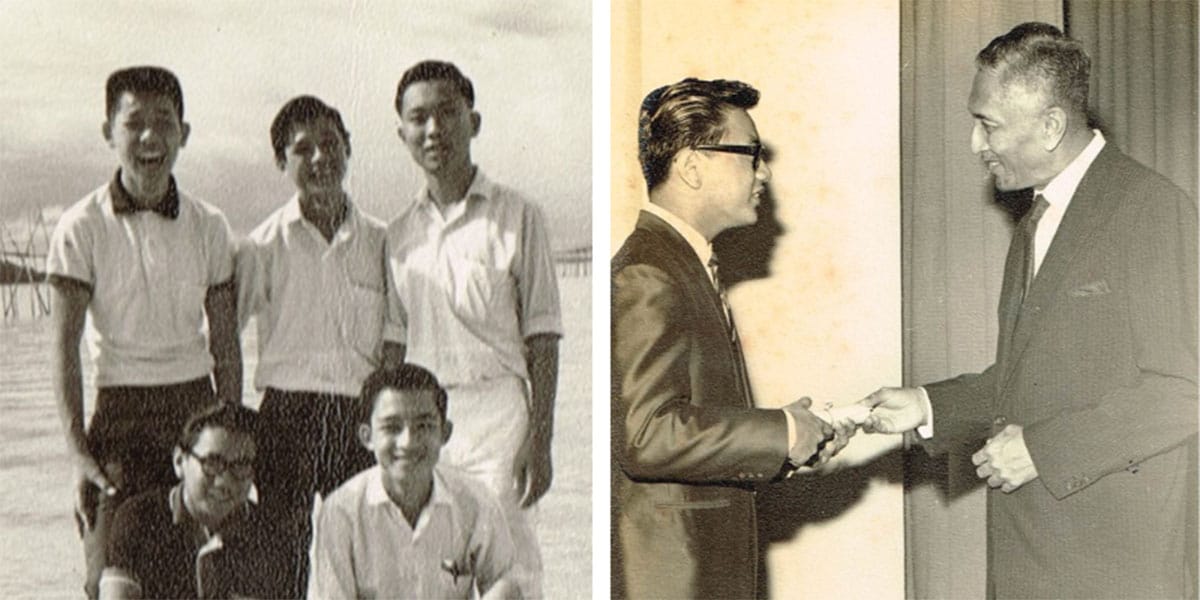
What “One United People” Means To Jeffrey Chan Sc
Reflecting on this year's theme, Jeffrey Chan shares his memories of when Singapore wasn't always as harmonious--and why he's grateful for the policies that have since preserved that harmony.
BY MATHANGI ELANGOVAN
For Mr Jeffrey Chan SC, growing up in an area that was racially, socially and economically diverse was not an unfamiliar experience. A large part of his childhood in the 1950s was spent in Joo Chiat, home to many different communities.
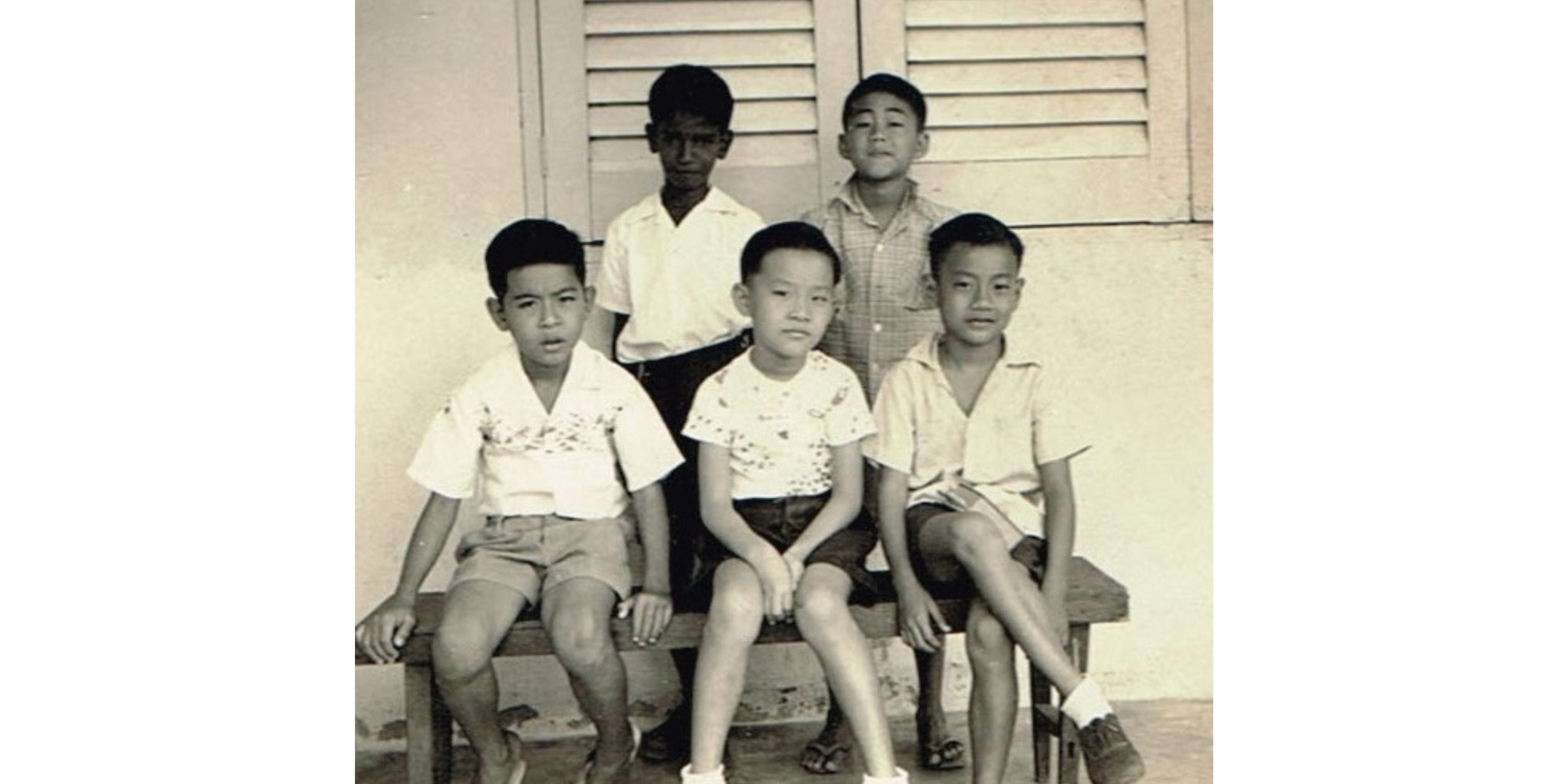
Jeffrey Chan with his Sunday School classmates (seated on the extreme right)
Being exposed to such harmony at a tender age has made Jeffrey an ardent advocate for racial harmony. Those views were cemented during his NS days where he interacted closely with boys from very different cultures, languages and social backgrounds. His was a white collar largely English speaking family while those he befriended during his NS days range from Ph.Ds from top US universities, boys from wealthy Arab families to sons of Chinese day labourers and mechanics, some of whom had limited literacy and spoke only in the vernacular. But their differences in languages, cultures and religions were no consequence to their camaraderie as fellow Singaporean soldiers.
“We crawled through the mud together. You know, we did everything together, and then we bonded. So that is why I’m a big supporter of National Service, because it’s very good for nation-building.”
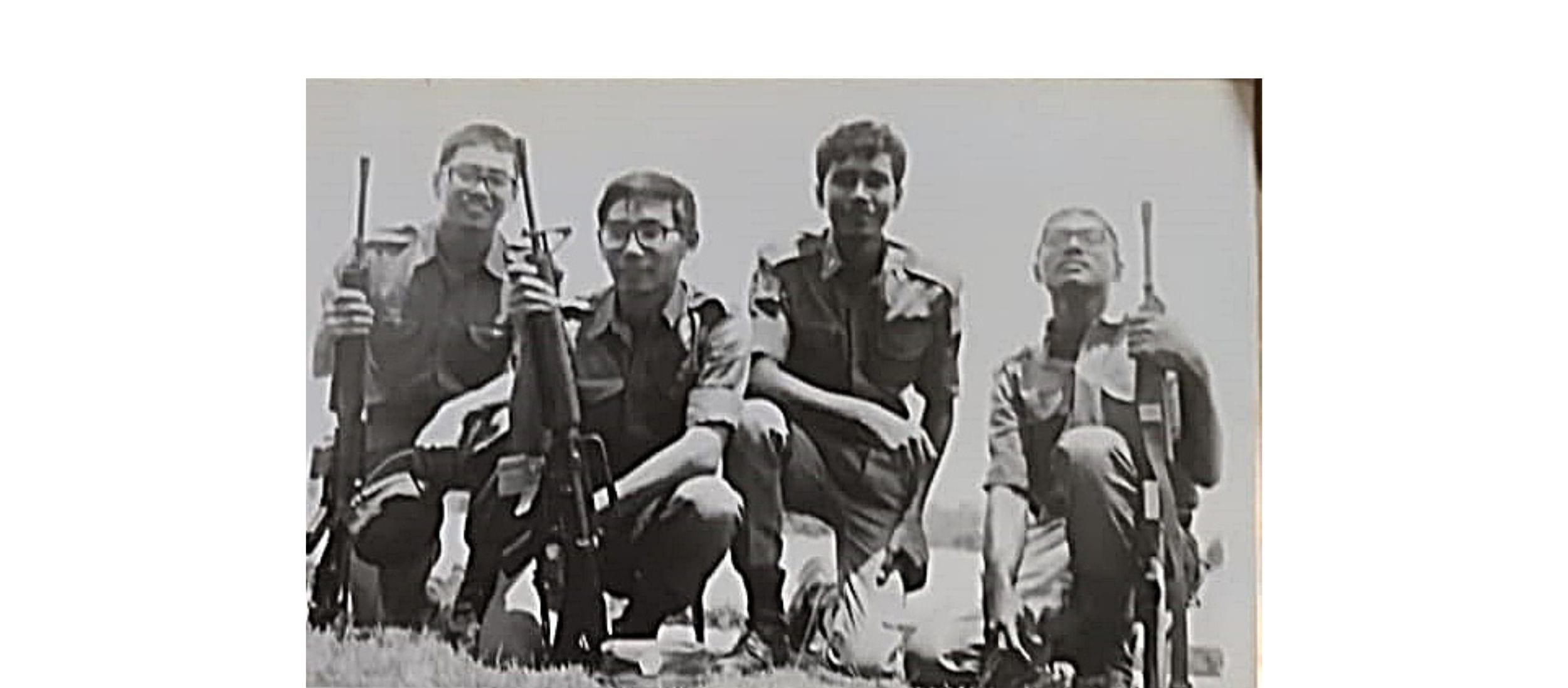
Jeffrey Chan during his National Service days
COLOURS OF JOO CHIAT
Jeffrey remembers well his primary school, Telok Kurau East School which was located in a semi-rural area. It had students of many different races including many Malays, Chinese, Indian and Eurasians from different social backgrounds. “Even then, we didn’t see each other as different from one another. And we did not think that anyone is superior or inferior to each other because we saw ourselves as the same and got along well as friends.”
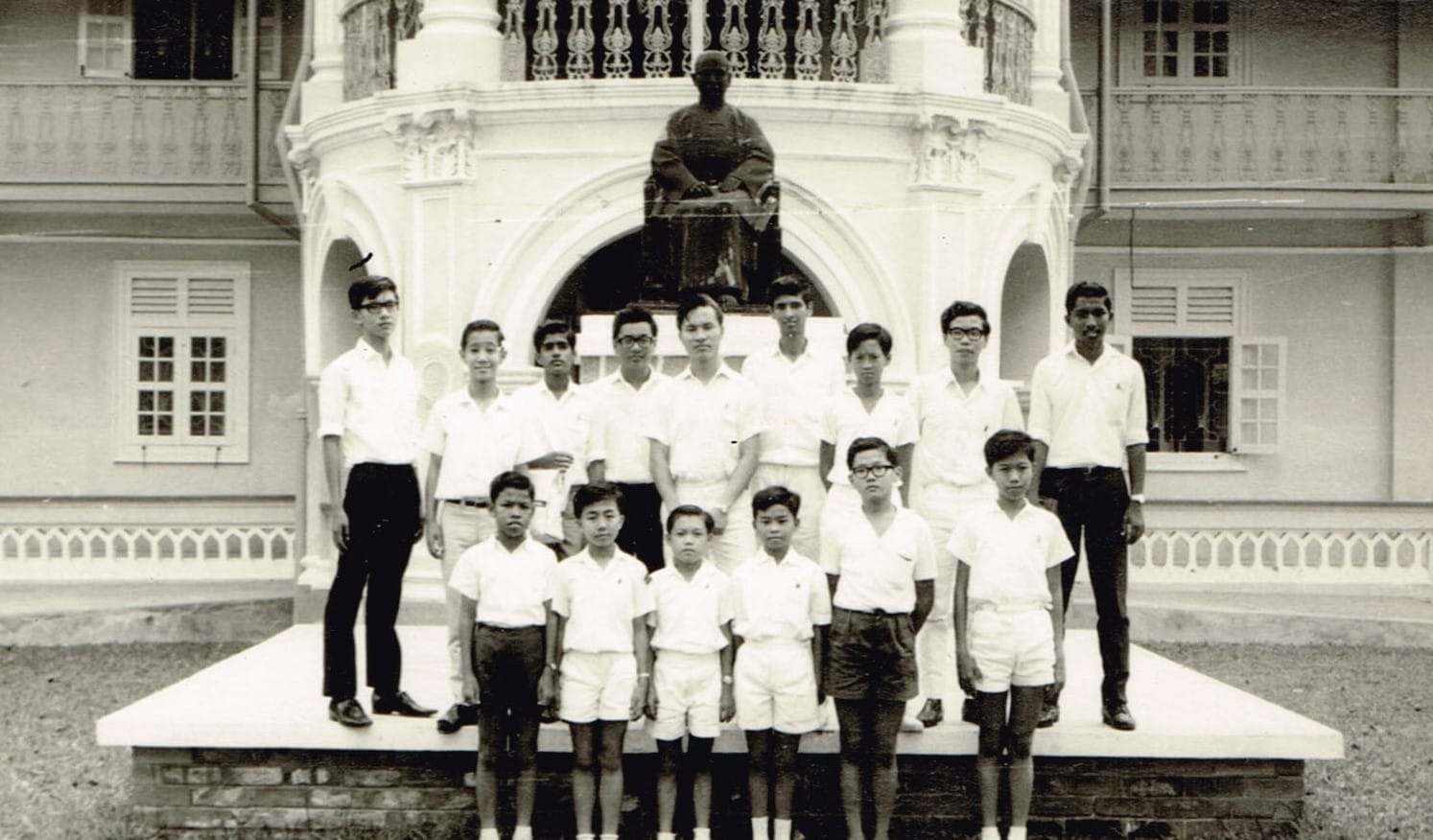
Despite this harmonious environment of his growing-up years, Jeffrey witnessed the impact of political turbulence on racial unity. In the 1960s, when Singapore was part of Malaysia, some politicians played on race and religion for political advantage. This exacerbated racial tensions here.
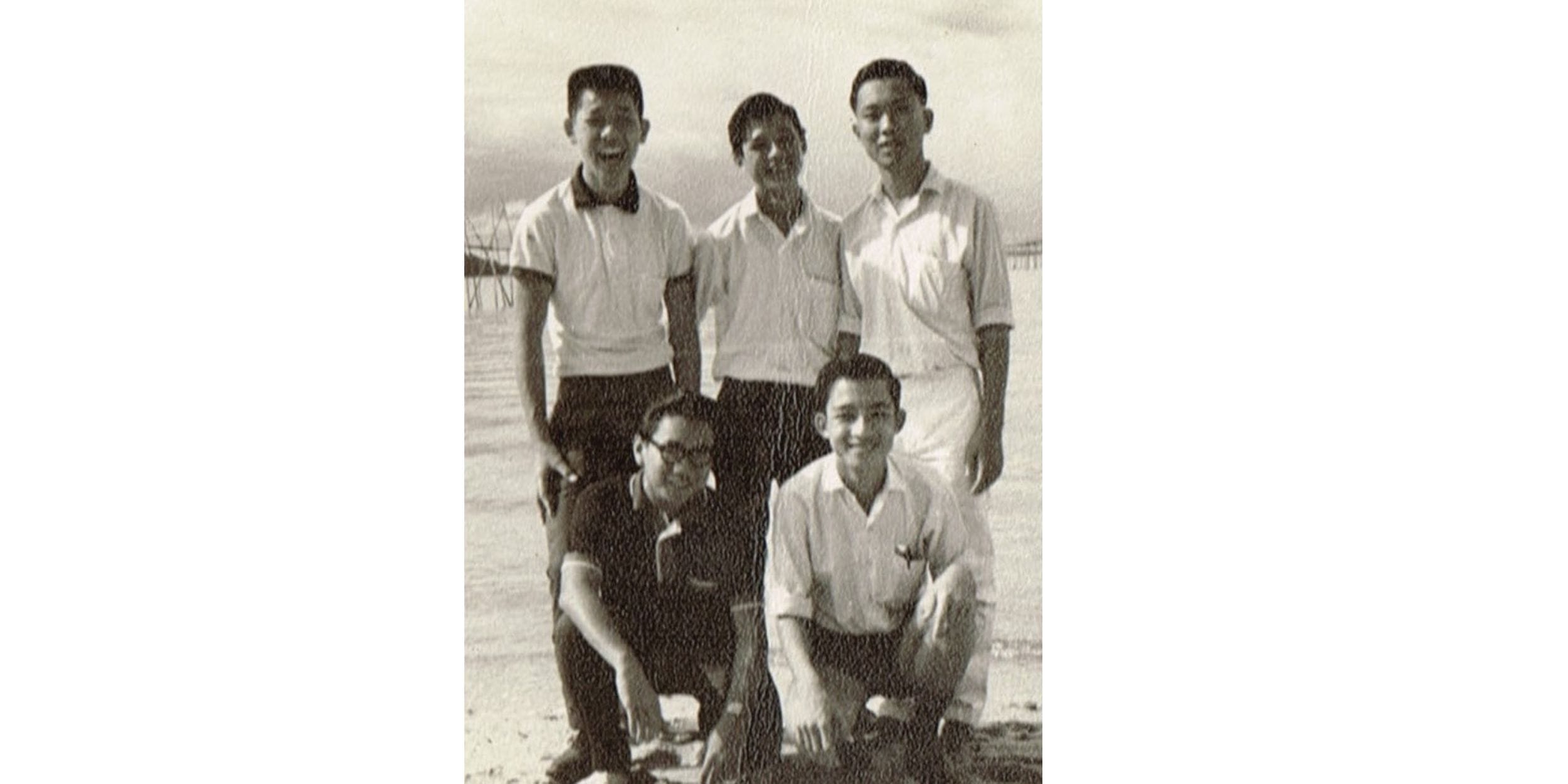
Jeffrey vividly remembers the tensions leading up to the 1964 racial riots as well as the riots themselves. He still recalls the news reports at that time of Christmas carollers being targeted for no apparent reason. “That year was a very tense Christmas season for people in Singapore. It was not a happy time.”
It’s no surprise then that he’s thankful that our governmental policies have ensured that our politics do not sink to those depths. He thinks that the HDB Ethnic Integration Policy and our system of Group Representation Constituencies have contributed greatly to this. These policies have prevented racial enclaves from developing and prevented politicians from playing up racial or religious issues in order to gain political advantage.
STAYING UNITED
Unity is a recurring theme for National Day, with this year’s celebrations themed One United People. Is the legal profession united?
To this, Jeffrey asks what is meant by “being united”. “The legal profession is not one big block. There are individual lawyers, individual law firms and government legal services and each party has their own roles in the legal environment of Singapore..”
In Jeffrey’s perspective, the legal profession need not, in fact, cannot, be “united” for all purposes. “For example, you have a trial, you have a plaintiff and a defendant, you have a prosecutor, and you have a defense counsel. Each have their own role, often in opposition to the other. This is what is expected of them. In this sense they are not “united”.
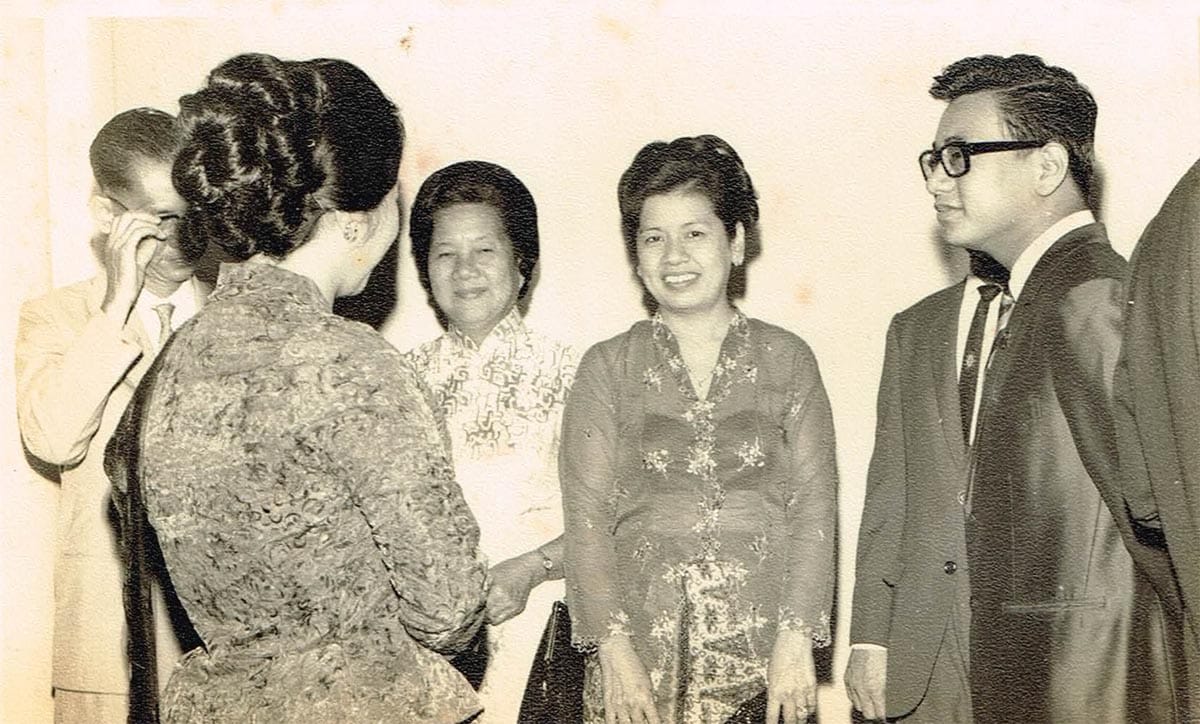
But the legal profession can be said to be ‘united” in that everyone seeks or must seek to achieve one objective: That is the rule of law and justice for everyone in Singapore. “So insofar as all members of the profession seek to achieve this objective as a common goal, the legal profession can be said to be a united profession.”
We couldn’t agree more.
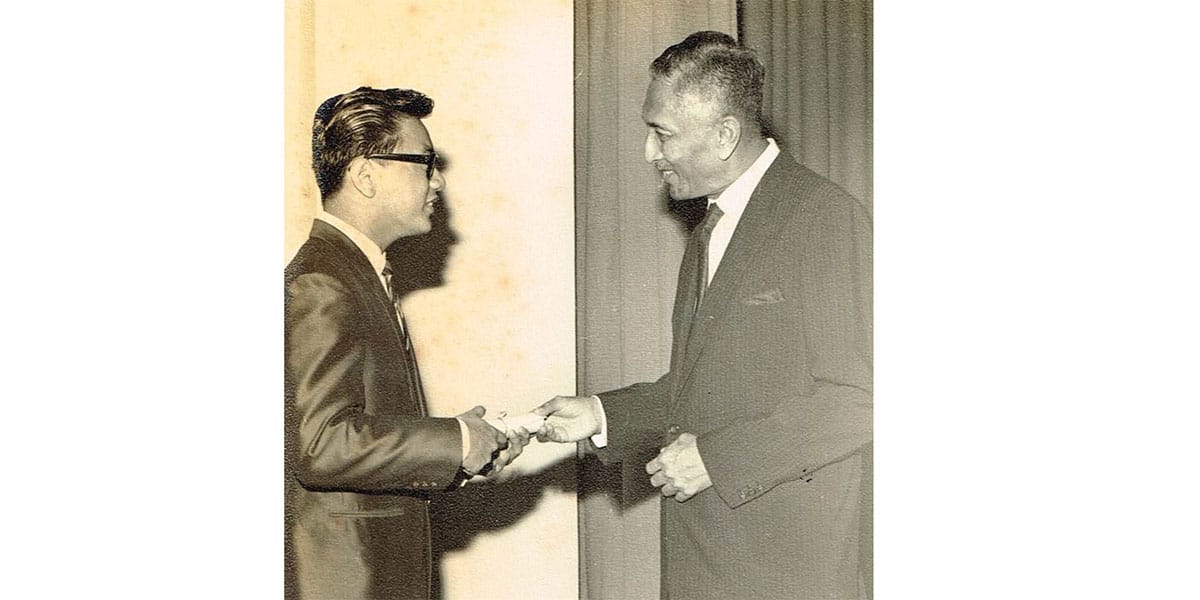
Jeffrey Chan receiving the President’s Scholarship with President Yusof Ishak at the Istana
“To me, unity means that not allowing your differences to obstruct you from achieving your common goal of building a nation. You are aware of differences, but if this notwithstanding,you’re prepared to put these aside for a common goal – that is unity. There will always be differences in terms of race, language and social class but whether or not you’re able to put it aside when you have a common goal, that defines what unity is.”
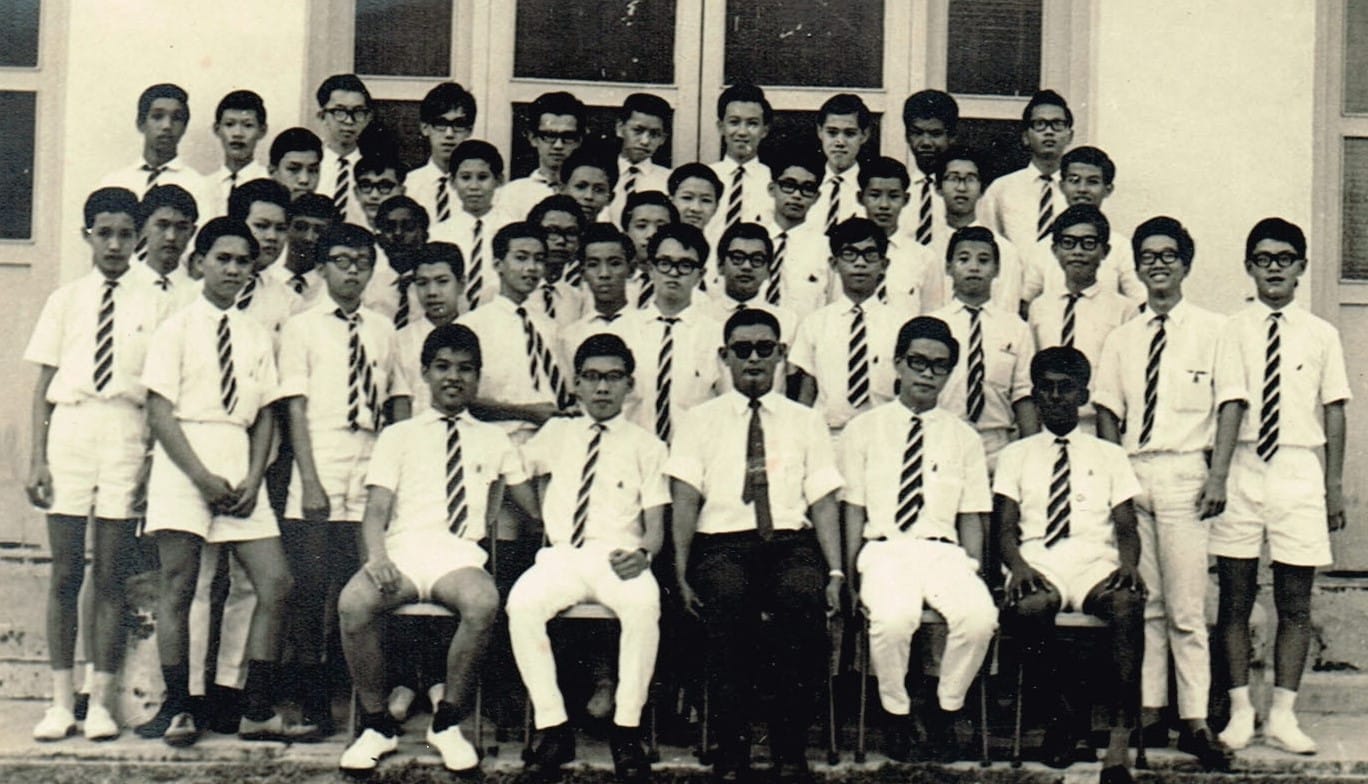
Jeffrey Chan with his class in Raffles Institution
Jeffrey is a Senior Director at TSMP Law Corporation. Connect with him on LinkedIn.
SAL wishes Singapore and all its members a Happy National Day.

